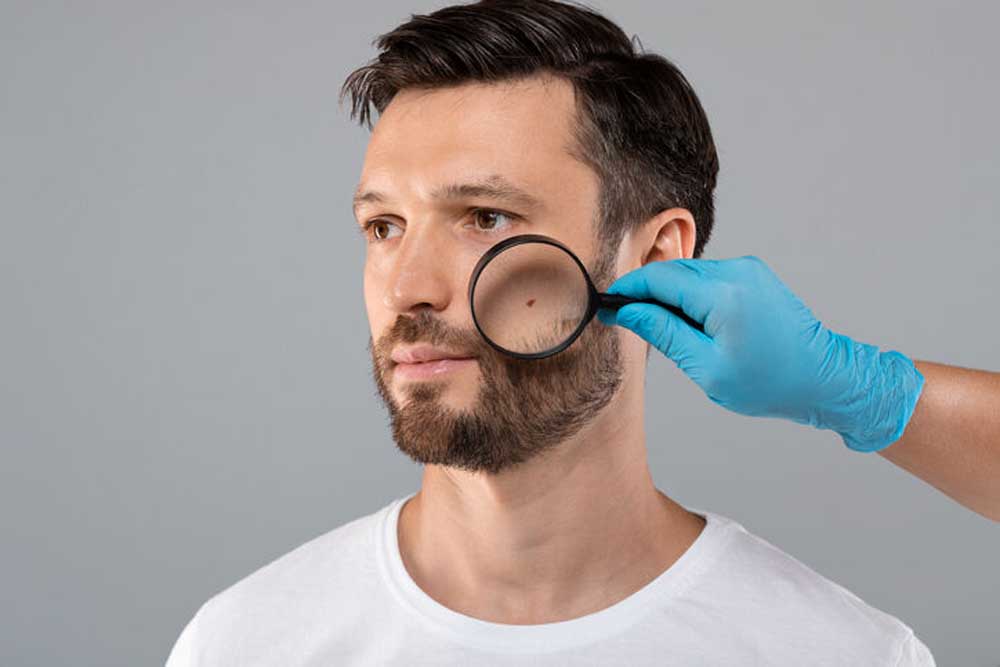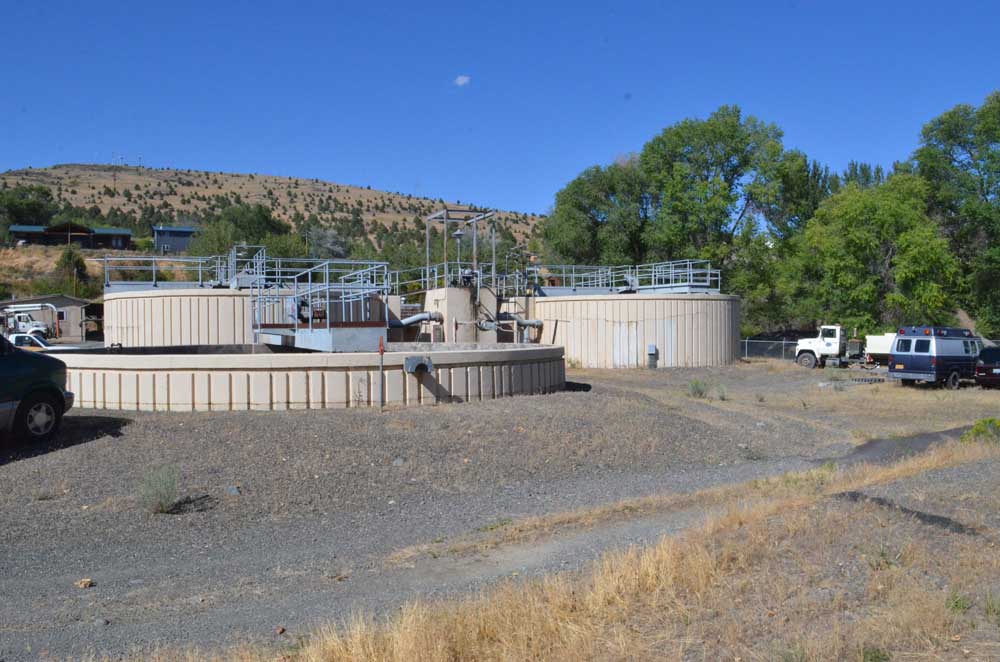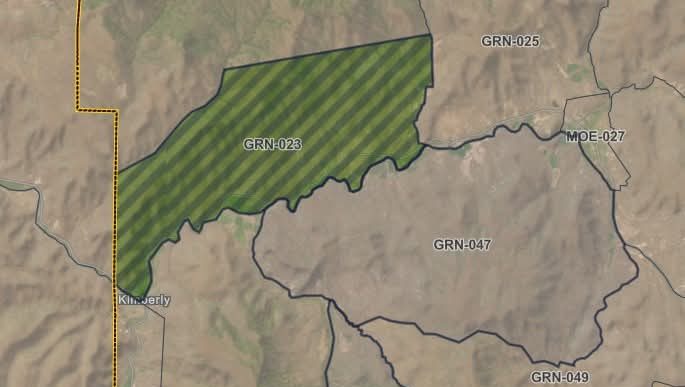Staying safe in the sun: Dermatology and skin cancer care offered at Blue Mountain Hospital
Published 7:15 am Wednesday, February 23, 2022

- Oregon has high rates of skin cancer. If you have a spot on your skin that you’re worried about, consider having a dermatologist check it out.
February is National Cancer Prevention Month!
Trending
Skin cancer is one of the most common cancers in America, but it is also one of the most treatable. Blue Mountain Hospital has partnered with Dermatology Health Specialists to provide dermatology care in John Day, with providers offering full skin exams as well as treatment of other skin disorders.
Oregon has high rates of skin cancer, so have your skin examined.
There are three primary types of skin cancer.
Trending
The most common skin cancer is basal cell carcinoma. This looks like a waxy pink bump usually occurring on the head, neck, and back.
This cancer is rarely deadly until it gets large. However, if left untreated, it will destroy the nearby structures, which is particularly concerning when it destroys an eyelid, nose or ear.
The second most common type of skin cancer is squamous cell carcinoma. Like basal cell carcinoma, it typically occurs on sun-exposed areas and also presents on the forearms, hands, and shins.
It acts and looks like basal cell carcinoma, but is redder and more crusty, with a higher tendency to spread to the rest of the body and can cause death.
The third skin cancer, melanoma, is the most common deadly form of skin cancer.
Melanoma is typically a dark spot that is asymmetrical, has an irregular border, has several different colors (black, brown, and gray), is larger than 6 mm (the size of a pencil eraser), and is growing faster than other moles on your body. While these are the typical findings, sometimes melanoma can present as a plain red or pink spot.
Unlike basal cell carcinoma or squamous cell carcinoma, melanoma can be very small and still spread to the rest of the body and cause death. It is incredibly important to get screened regularly to find these lesions early.
We live in a world of risk analysis, risk migration, and risk acceptance. Whenever possible, minimize or avoid harmful activities or exposures.
When you do accept some level of risk, do what you can to protect yourself. In the case of sun exposure and skin cancer, wear sun-protective clothing/hats/lotion and get screened at least annually. Enjoy the outdoors, just be safe.
Awareness is key for preventing disease and catching skin cancer early. So remember: “No tan is a good tan … unless you are born that way!”
If you have a spot that you are concerned about, get it checked.
Blue Mountain Hospital and Dermatology Health Specialists are here to help! Call to schedule your appointment: 541-575-2060.









